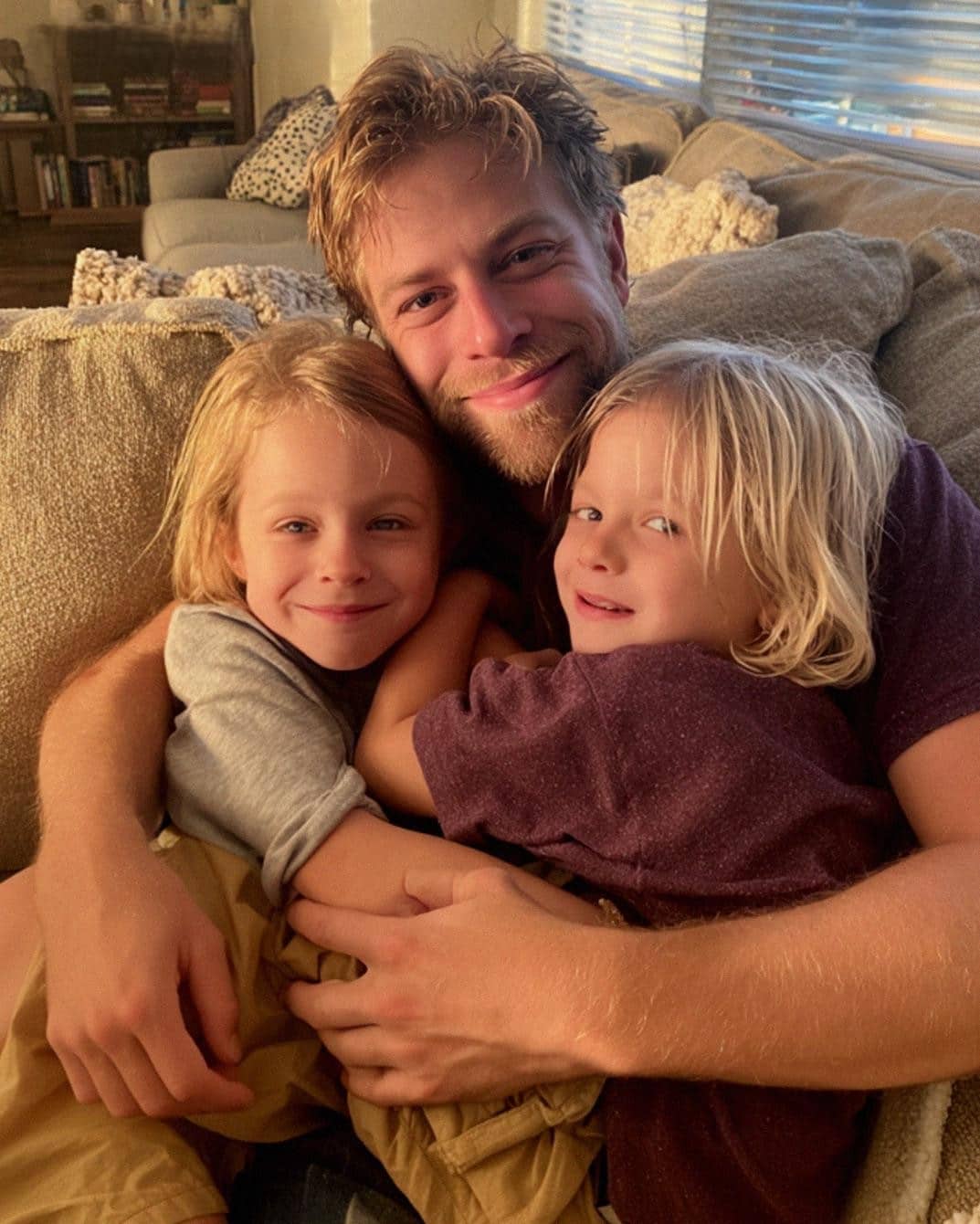“I can’t do this anymore.”
That first year after she left was the hardest of my life. Between exhaustion, debt, and heartbreak, I nearly lost myself. I worked rideshare shifts at night and delivery jobs during the day, barely sleeping between caring for the twins.
Every night, Max and Lily asked for their mom. I’d tell them she was away for work, that she’d call soon. But the phone never rang.
If not for my parents, I might’ve fallen apart completely. They helped watch the kids, cooked for us, and reminded me that love isn’t about perfection — it’s about showing up.
Slowly, I started to rebuild.
A small freelance coding job turned into full-time remote work for a cybersecurity firm. The pay wasn’t huge, but it was steady — and it gave me something I hadn’t had in a long time: time with my children.
We moved into a smaller, warmer apartment. I started cooking again, reading bedtime stories, and laughing without forcing it. For the first time in years, life felt peaceful.
Then, exactly two years after she left, I saw Anna again.
I was working from a café when I noticed her across the room. She looked different — thinner, tired, and fragile. The confidence she once carried had faded.
For a moment, pity replaced the anger I’d carried for so long. Then she looked up and saw me.
“Anna,” I said quietly, walking over. “What happened to you?”
Her hands trembled as she spoke. “David… I didn’t expect to see you.”
“You left us with nothing,” I said. “And now you’re sitting here crying. What’s going on?”
She lowered her eyes. “I made a mistake.”
Her voice broke as she explained how she’d struggled after leaving — the jobs that didn’t last, the friends who disappeared, the loneliness that followed her.
Finally, she whispered, “I miss you. I miss the kids. I want to come home.”
The words hung heavy between us.
I took a deep breath. “You miss us now that everything else is gone,” I said softly. “But when things were hard, you walked away. You didn’t call. You didn’t write. You left us to rebuild alone.”
She cried quietly, reaching for my hand. But I pulled back.
“You chose freedom,” I said. “Now you have to live with what that means.”
Then I stood, thanked her for being honest, and walked out.
That night, over dinner, Max was giggling about a worm he found at preschool while Lily proudly showed me her drawing — the three of us at the park, smiling in crayon.
“It’s us, Daddy,” she said.
I smiled. “It’s perfect, sweetheart.”
After they fell asleep, I sat in the dark for a long time — not in anger, but in peace. For the first time, I didn’t see myself as abandoned. I saw myself as someone who endured, adapted, and grew stronger.
We were okay now. Better than okay.
Maybe one day, if Anna truly proved she’d changed, I’d let her see the twins. But not yet. Because love, I’ve learned, isn’t just emotion — it’s commitment. And when she walked out, she gave that up.
Somewhere out there, maybe she’s still sitting in that café, thinking about what she lost.
But I’m not the same man she left behind.
I’m a father who rebuilt his life from the ground up — not for her, but for Max, for Lily, and for the peace we finally earned.

